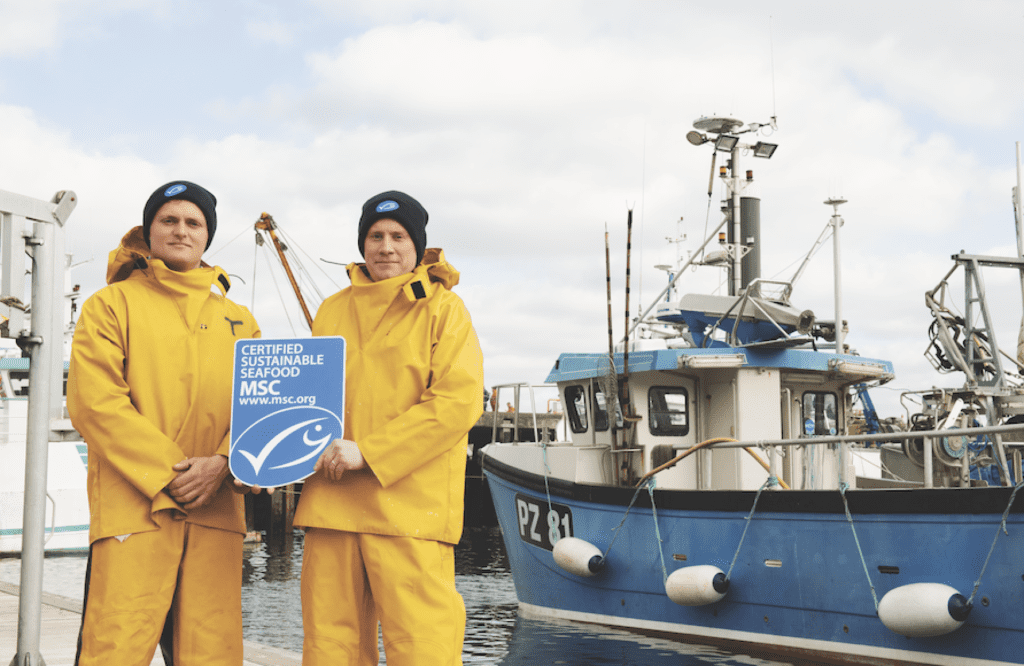Ten incredible facts about food from our ocean for World Oceans Day
Business Services, Food and Drink, Social & Environmental Services, Tinned Food
Business Services, Food and Drink, Social & Environmental Services, Tinned Food
This article was contributed by Marine Stewardship Council.
Seafood is full of important nutrients, such as zinc, iron, vitamins A and B12, as well as omega-3 fatty acids, all essential for human health. Oily fish such as salmon and herring contain pound-for-pound more essential nutrients than nuts, grains, meat, leafy veg or seeds.Research has shown that, when consumed in seafood, these nutrients are better absorbed and utilized by the body than nutrients from vegetables and food supplements.
Fishing has a lower environmental impact than land-based animal farming because it uses little land or fresh water and doesn’t require feed or fertilisers.

Eating wild-caught seafood results in one-tenth the amount of carbon dioxide associated with red meat. It also has a lower carbon footprint than cheese or chicken.
Certain seafood, including small fish such as herring, mackerel and sprat, have lower carbon emissions than rice and corn while also being some of the most nutritious fish to eat.
There are over 2,200 species of wild-caught seafood and 600 farmed, yet most of us only regularly eat a small number of different fish. In America, the ten most popular types of seafood account for 77% of all seafood consumption.
The earliest definitive evidence of early humans eating aquatic animals dates back to 1.95 million years ago in Kenya. It was around this time that bigger-brained humans started to evolve.

600 million people depend on seafood for employment. And it’s not just fishermen – more than half those working in the seafood sector are women. Fishing is also engrained in the culture of many coastal communities.
By taking care of the ocean and only fishing what it can provide, we can actually catch more fish. Ending overfishing could result in an increase global annual seafood production by 16 million tonnes – enough to meet the protein needs of an additional 72 million people per year.

Seafood is the most highly traded commodity in the global food system, with trade doubling in quantity and value between 1998 – 2018. The annual value of the international trade of seafood is USD$151 billion – worth more than five times the trade value of coffee and around US$30 billion more than sugar. This makes seafood essential to many national economies.
Christians traditionally eat fish on Good Fridays, while in Judaism fish is a symbol of fertility and luck eaten on Jewish New Year. According to the Quran, the fish is a symbol of eternal life and also knowledge, while in ancient Mesopotamia in Western Asia fish offerings were made to the gods.
By buying sustainable seafood with the MSC blue fish tick label, or the green ASC label on farmed fish, you will be supporting responsible fishers helping to ensure an ocean full of life and delicious seafood for future generations to enjoy.
Thursday 8 June 2023 marks the UN’s 15th World Oceans Day, created as a way to celebrate our world’s shared ocean and our personal connection to the sea. To mark this important day, the Marine Stewardship Council (MSC) is asking everyone to Make a Deal with the Ocean, recognising how essential it is to us all.
This is an article from a SustainabilityTracker.com Member. The views and opinions we express here don’t necessarily reflect our organisation.